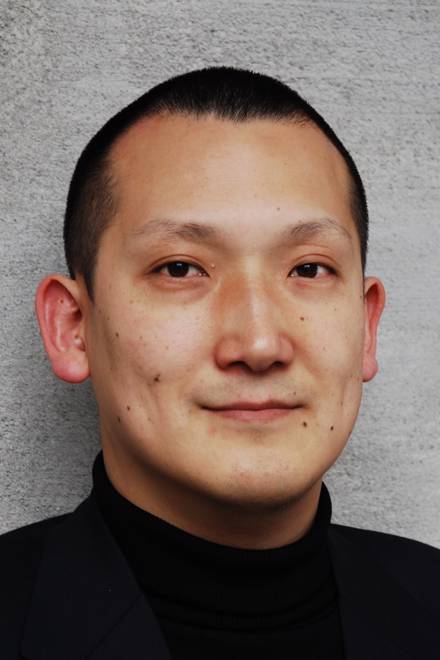Background:
2006-2008: Legal Advisor at the Norwegian Centre for Human Rights, University of Oslo Law Faculty
(2004-2006): Legal Officer in the Prosecutions Division, Office of the Prosecutor (OTP), International Criminal Tribunal for the Former Yugoslavia (ICTY)
2000-2003: Associate Legal Officer in the ICTY OTP Legal Advisory Section
Education:
- B.Sc. in Foreign Service in international relations, law and organisation from Georgetown University (1995)
- Diplôme d'études supérieures, an M.Phil. equivalent, in international law from the Institut universitaire de hautes études internationales (HEI) in Geneva (1998)
- LL.M. from the University of Cambridge (1999)
- Enrolled in the post-graduate School of International and Public Affairs at Columbia University (1995-1996)
- Hague Academy of International Law (1999)
- Doctoral programme at HEI (1998-2004).






